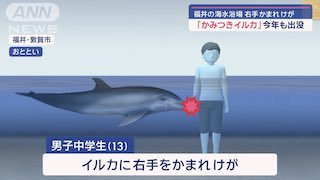May 19 (East Asia Forum) - In the early 1990s, Japan was under pressure to play a larger role in the international community. Japan’s government established the Technical Intern Training Program (TITP) in 1993 to transfer skills to trainees from developing countries to meet international community expectations.
The introduction of the TITP also coincided with a shortage of labour across Japan, particularly at small firms.
The TITP has played an important role plugging labour shortages and has become indispensable as the shortage of Japanese workers has worsened. But while the TITP has been sold as a contribution to international development, this characterisation belies the reality the program.
Although the TITP filled labour shortages — a situation which has grown more pronounced — it failed to protect the safety and wellbeing of trainees.
In 2017, the Organisation for Technical Intern Training (OTIT) was established as a supervisory agency to oversee the TITP and protect foreign trainees. In November 2017, the Technical Intern Training Act came to effect, with the aim of ensuring the appropriate implementation of technical training.
In April 2023, Japan’s Ministry of Justice released an interim report on transitioning to a new regulatory system of foreign workers. The report recommended the abolition of the current TITP, which allows foreigners to work while learning skills at professional training organisations.
The TITP has been criticised for importing cheap labour, allowing long working hours and illegally promoting low wages. The focus of the TITP is on labour collectively, rather than individual human lives. It is a one-sided mechanism for learning, which has operated through skill and technology transfers to developing countries. Such an approach is outdated and patronising. The government has been urged to take action to address these issues.
While the interim report has received positive feedback, it also notes that the Immigration Services Agency and conservative politicians have impaired the transition to a new program as they have done as much as possible to prevent foreigners from permanently residing in Japan. The report’s expert panel has proposed a new system that would allow for possible long-term stays and some degree of flexibility in changing training places (tenseki). These options are not allowed in the current TITP.
The new system aims to not only develop skills through training (ikusei), but also to secure adequate staffing (jinzai kakuho) for companies. The report proposes a new ‘specific skill’ system that would exempt TITP trainees who have completed more than three years of training from taking the qualifying exam, paving the way for long-term employment. The new system also proposes stricter requirements to ensure the independence of registered supervisory organisations (kanri dantai) from the employers of trainees. A final report is expected in September 2023.
...continue reading














